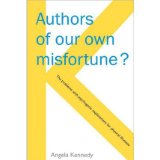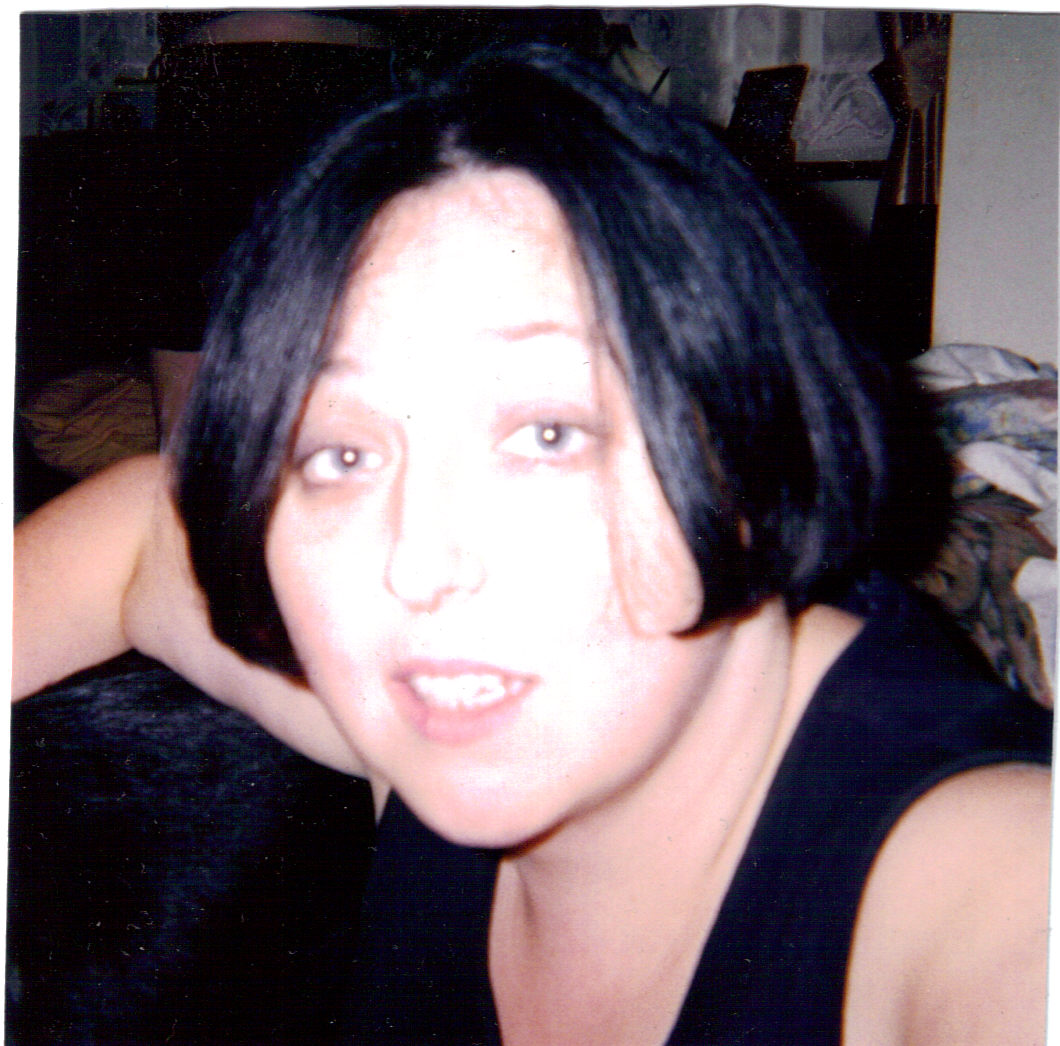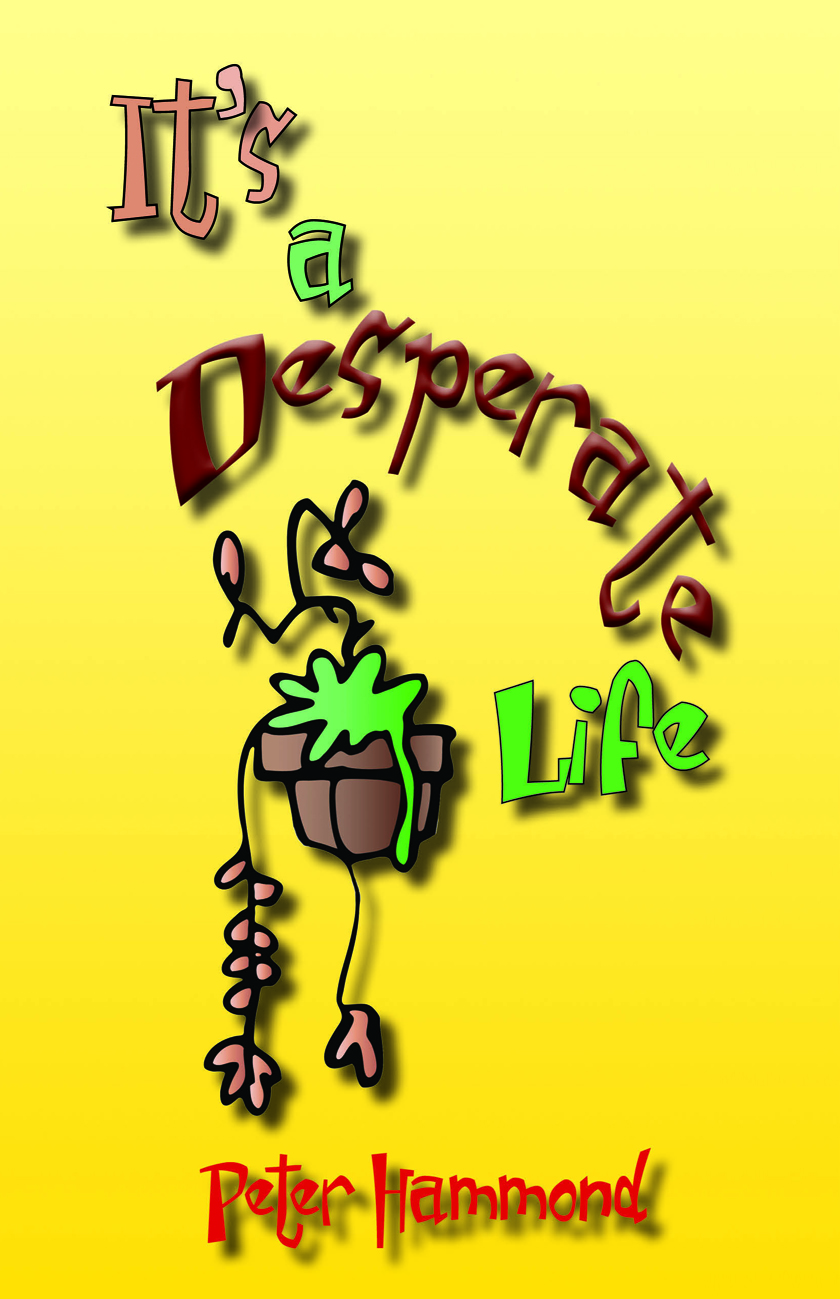An acquaintance with Myalgic Encephomyelitis, on telling a friend about her condition, was asked, almost reflexively “Do you really have ME or is it just depression?” The same woman had to change doctor at her NHS practice recently (her regular doctor being on long-term sick leave). The new doctor expressed great surprise that her condition had not been cured by anti-depressants (but was otherwise sympathetic). These two incidents exemplify two of the main issues raised in Angela Kennedy’s excellent book: firstly that chronic illnesses for which no clear medical cause is identifiable are often classed by medical practitioners as psychogenic (psychosomatic), and secondly the detrimental effects such classification can have on the patient’s treatment, not only medically, but by society at large.
To a large extent this work is a literature review, or perhaps a meta-analysis, of existing and previous research. Which is all to the good, as a large amount of the extant results seem to have been misreported and misinterpreted by the (popular and scientific) press. Although Angela focuses on ME/CFS, the conclusions are applicable to a much wider range of conditions. Of interest is the fact that (or so it seems to me), a disproportionate amount of the case studies, both historically and more recently, are those of women. Ms Kennedy gives an interesting personal account of how her GP informed her in no uncertain terms that she was having a “hysterical pregnancy” when she attended the surgery after having completed a home pregnancy test. Her ‘hysterical’ son is now a grown man!
The book begins by pointing out the fallacies associated with psychogenic explanations: the reason for a condition being “medically unexplained” is usually down to limitations with current medical knowledge. Attaching such terminology to certain diseases can also lead to shutting down further avenues of investigation, often with severely detrimental results. A convincing argument in the introduction is that: “The present lack of critical examination of this conjecture (that ME is a modern version of neurasthenia) is also not a reason to accept this conjecture: no scholarship has yet been performed to suggest CFS and ME are not caused by demonic possession, for example, but this should not mean therefore that they are caused by such, even if such a reason might be ‘persuasive’ to some.”
Ms Kennedy goes to discuss “problems of psychogenic explanations in action:” the beliefs that certain types of people get certain types of illness, with a particular emphasis on the diagnosis and labelling of people with ME. The following chapter deals with doctors’ attitudes to such patients, often labelled as “heartsink,” containing some shocking examples of patients labelled as lazy, malingering and hypochondriac.
“Think yourself better” explores the dangers of CBT when put forward as a cure, rather than a coping mechanism for ME, whilst “Consequences of psychogenic explanations” looks into how such explanations can be widely damaging for the patient, both in the hands of the medical profession, as well as at the hands of society at large.
Angela concludes that the trend towards labelling illness as psychogenic is on the increase, and that this is a dangerous direction to be heading in: “(the realities of psychogenic explanations) are most often fallacious in their logic and informed by harmful ideologies. They cause actual harm in many ways.”
This is a very significant book about a highly important aspect of medicine which has detrimental effects on many of us. Angela Kennedy has taken what is evident in the literature and research, and reported it in a non-biased way, thus giving us access to serious evidence against the psychogenic theory of illness such as ME/CFS which has been ignored by many other publications, and certainly the popular press.
I advise anyone with an interest in ME, CFS, other neurological or fatigue-related illness, as well as those interested in the whole mind/body connection issue as concerns disease, to read this book. It can be purchased from www.amazon.co.uk for £17.59.
Mary Tynan
 Angela Kennedy is a social sciences lecturer and researcher at a number of universities in London, and author of numerous articles, papers and books in lay, professional and academic media over a 30 year career.
Angela Kennedy is a social sciences lecturer and researcher at a number of universities in London, and author of numerous articles, papers and books in lay, professional and academic media over a 30 year career.
 Sub-categories:
Sub-categories: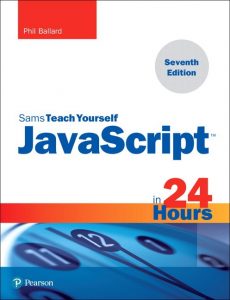 Teach Yourself Javascript in 24 hours
Teach Yourself Javascript in 24 hours
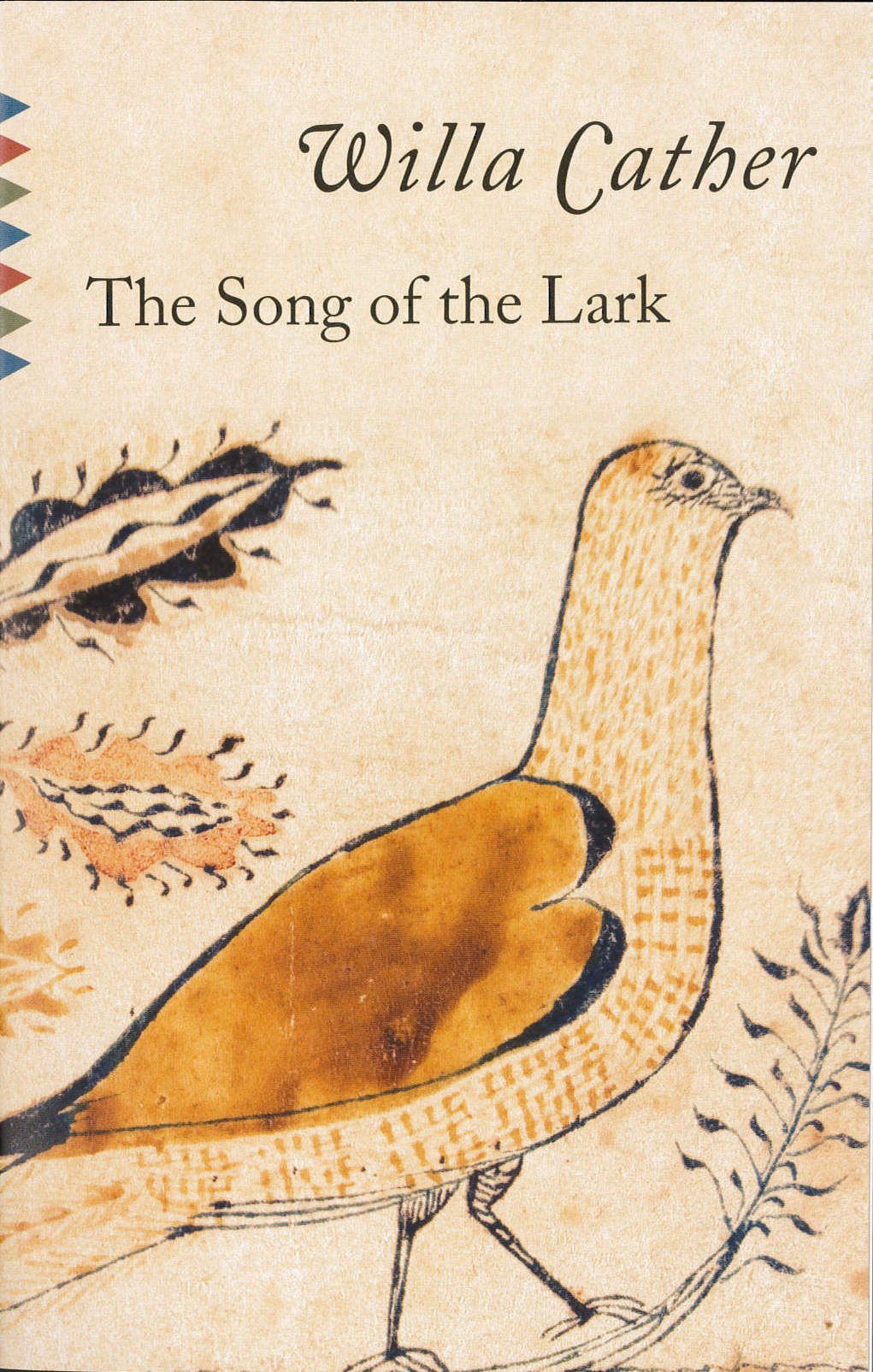 The Song of the Lark by Willa Cather
The Song of the Lark by Willa Cather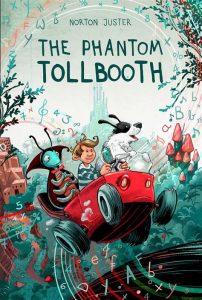 The Phantom Tollbooth by Norman Juster
The Phantom Tollbooth by Norman Juster Sub-categories:
Sub-categories: